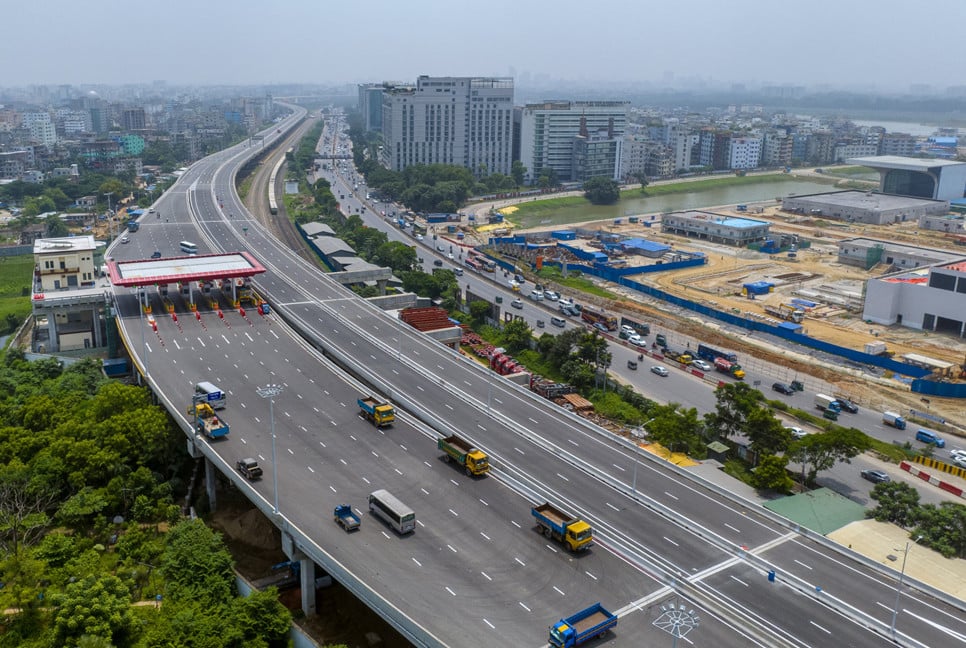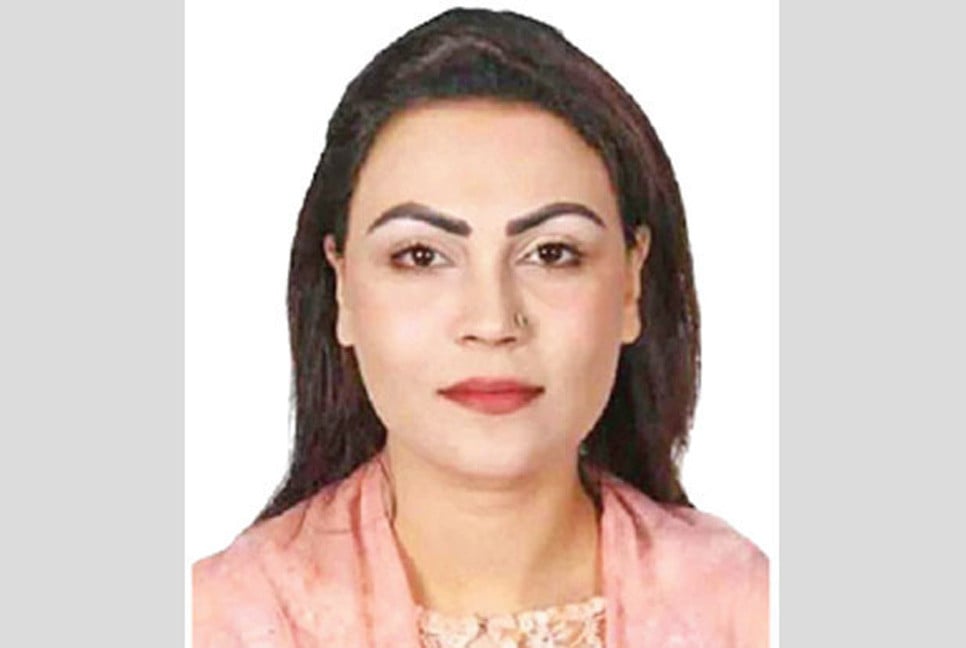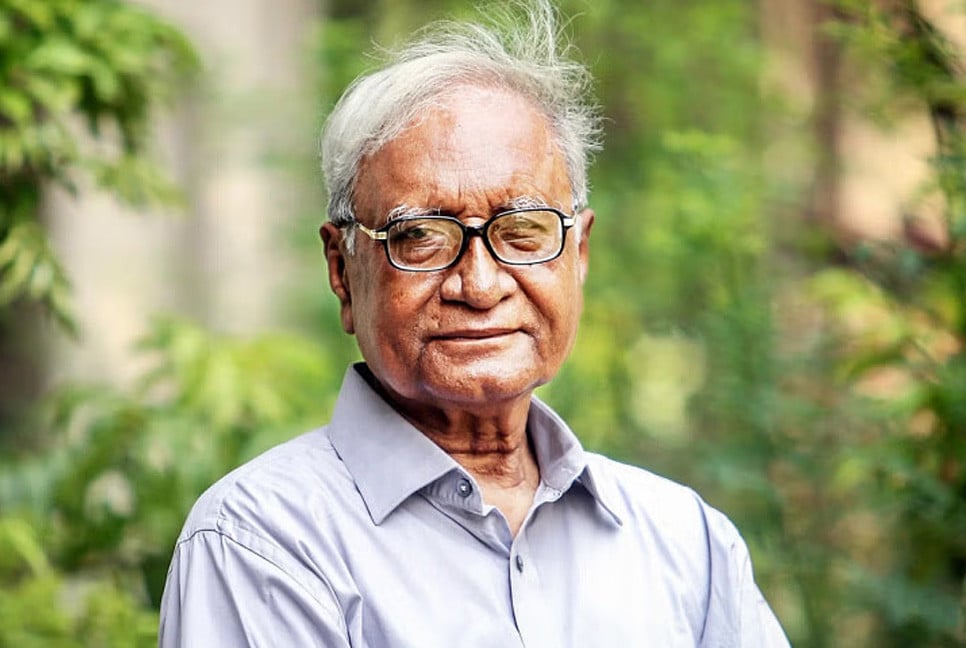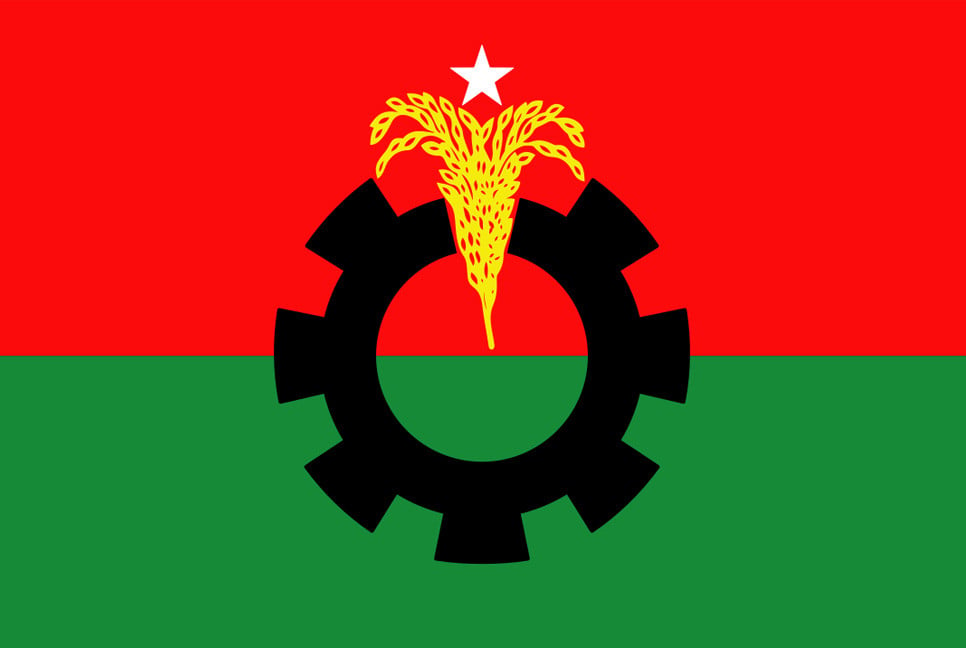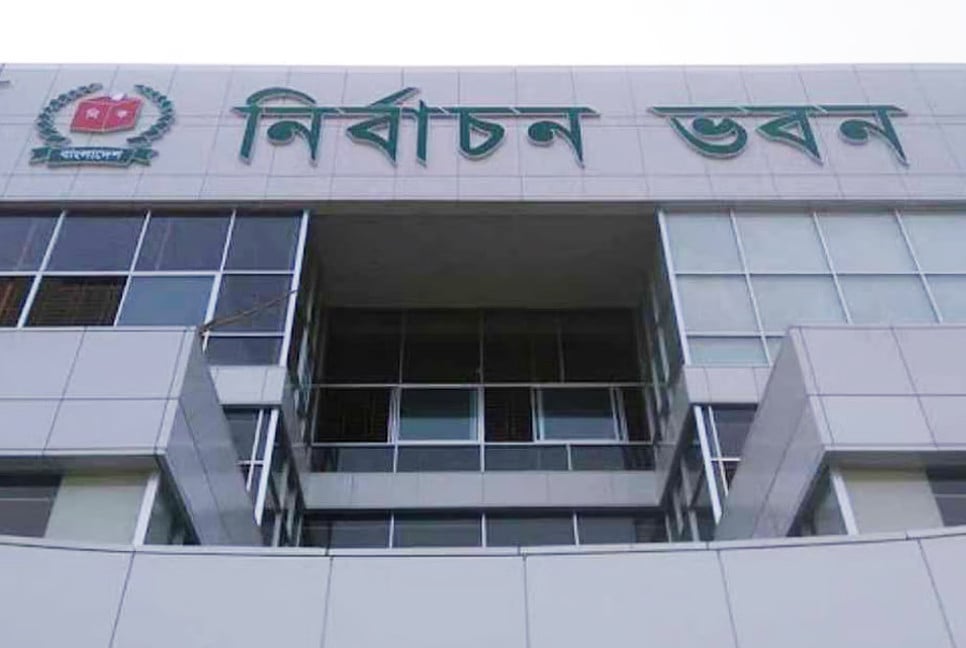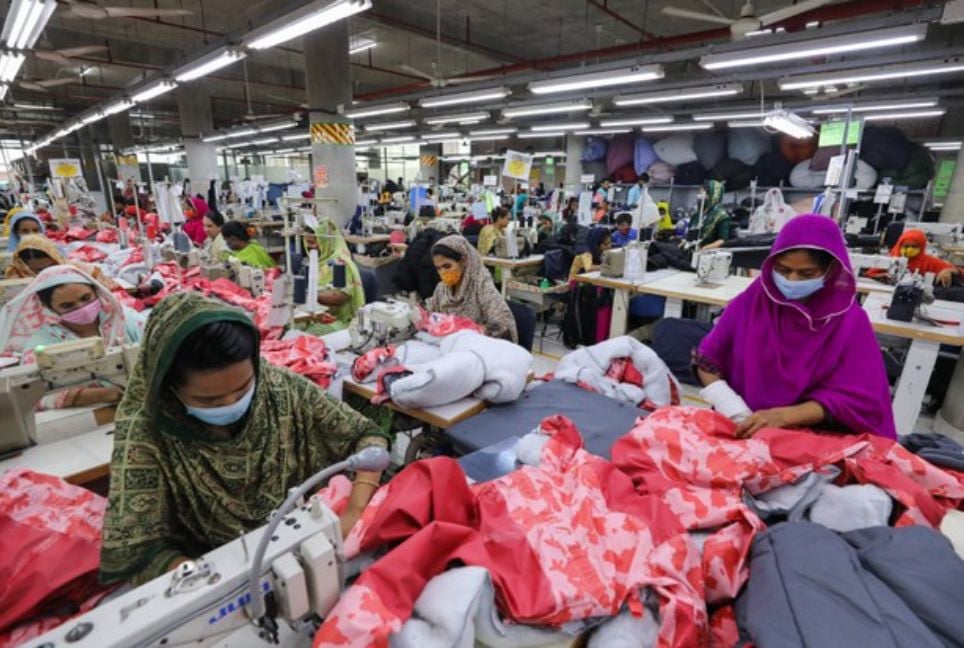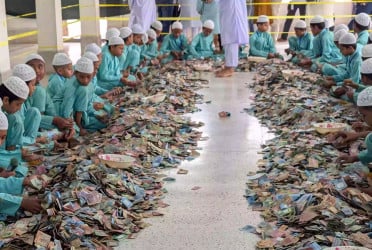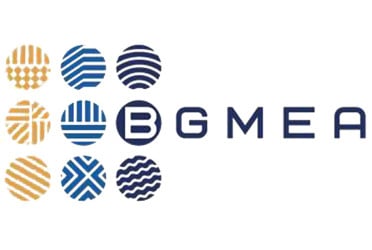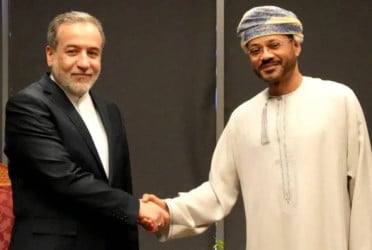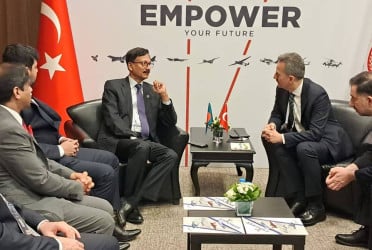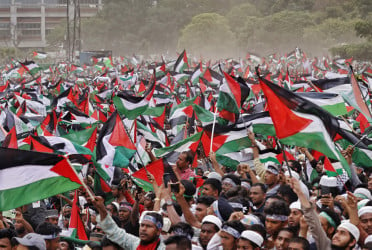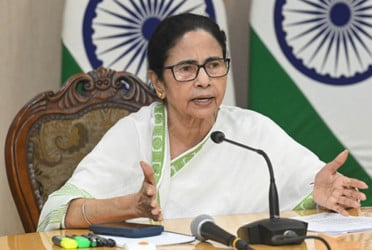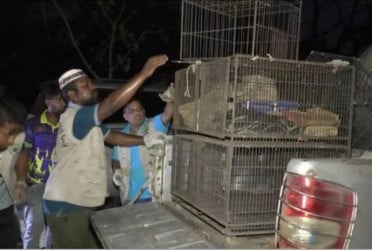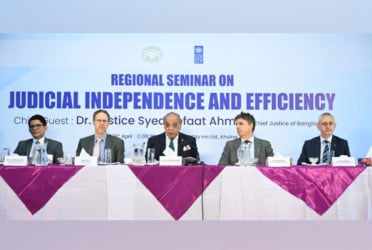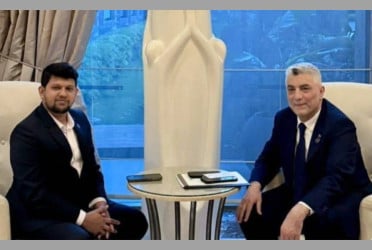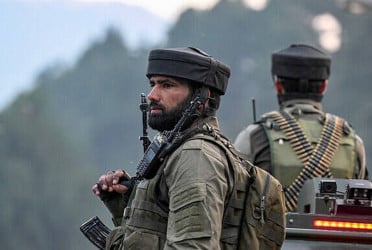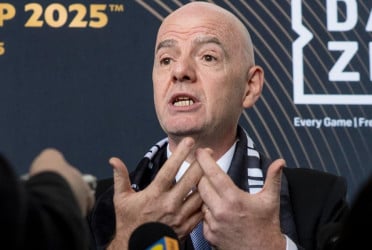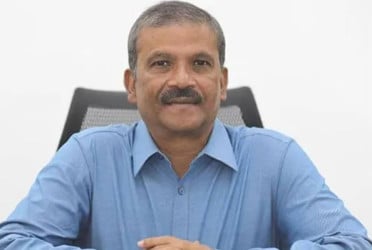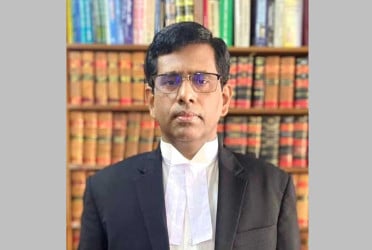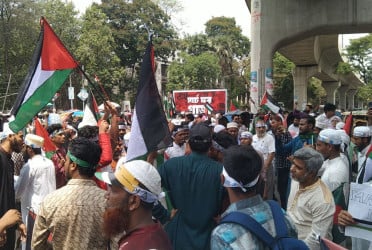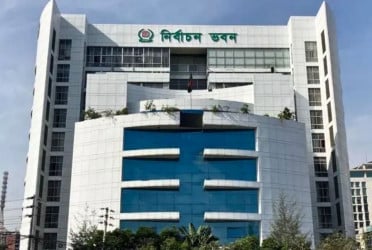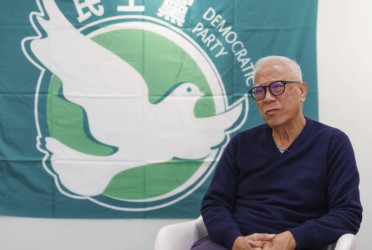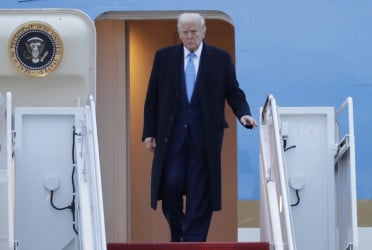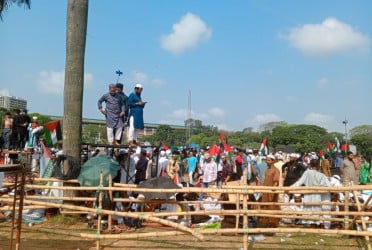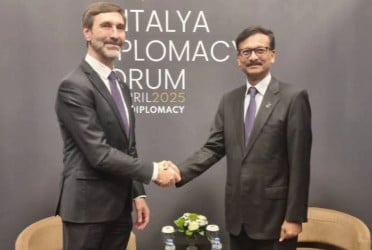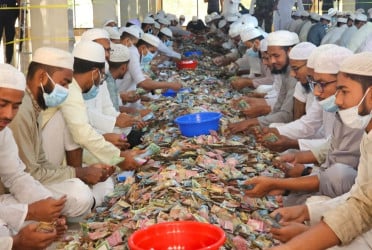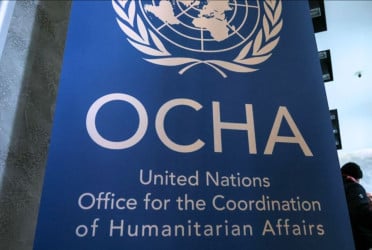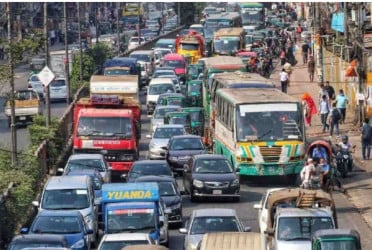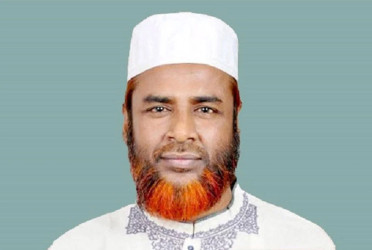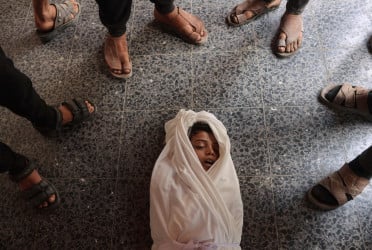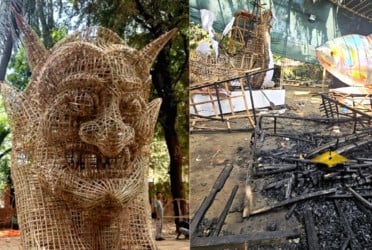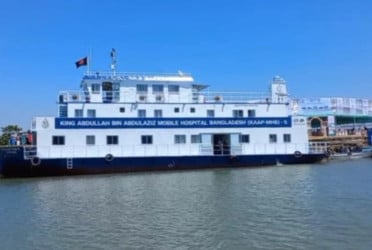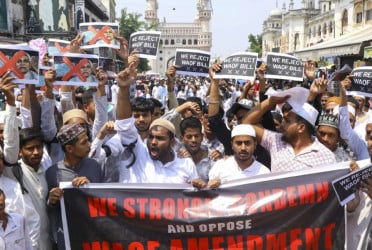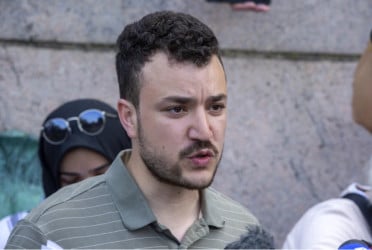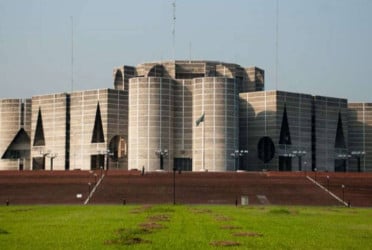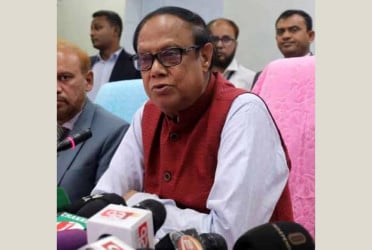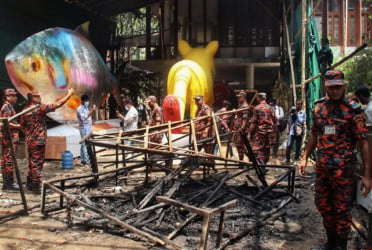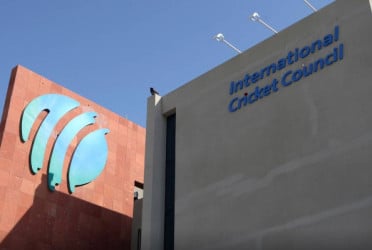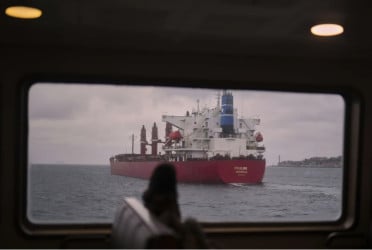The cost of the Dhaka Elevated Expressway is increasing again. After being halted for more than nine months due to legal complications and financial constraints, construction work has resumed on a limited scale. The construction company has asked for additional time before the project can proceed fully. However, the extension of time is expected to lead to an increase in construction costs.
Meanwhile, the complexity increased further due to the fall of the autocratic Sheikh Hasina government in August, which created uncertainty between the construction company and the Bangladesh government regarding the project. As a result, security personnel were removed from many areas of the project. The tin sheets that had been used to enclose certain areas were also removed by unknown individuals. Now, the construction company has to start everything afresh, which is expected to contribute to the increase in the project's cost.
The expressway project director, AHM Shakhawat Akhtar, informed Bangladesh Protidin, "We will resume work shortly as all preparations are finished. Once we start, the project will be completed swiftly."
Another senior official related to the project said, "Since we lost a significant amount of time in between, the cost may increase somewhat. However, it is not possible to confirm the exact increase in cost at this moment. We are trying to complete the work according to the previous agreement. However, since the construction company, Italian Thai, has been excluded due to defaulting on loans, a new company may be involved. This could lead to an increase in costs, according to the authorities."
Italian Thai (Italthai) Development Public Company held a 51% share in the construction of the Elevated Expressway. Due to legal complications, they have been excluded from the project. The construction work of the expressway started to gradually halt from February this year due to a financial crisis caused by a dispute over shares and the failure to release bank loans.
According to project sources, after Italian Thai lost their legal battle in Bangladesh September,2023 and in Singapore October,2023 over the transfer of shares, their stake is being taken over by the other partner, China Shandong International Economic & Technical Cooperation Group . Therefore, Shandong's stake will rise from 34% to 85%. The company holds a 25-year contract for the project, and once completed, it will recoup the construction costs through toll revenue. The project director emphasized that the sooner the work is completed, the faster Shandong can begin to recover its investment.
The conflict over shares and bank loans for the project was linked to an agreement with two Chinese financial institutions, China Exim Bank and the Industrial and Commercial Bank of China (ICBC). However, Italian Thai did not meet the deadlines for interest payments.
Under the terms of the loan, a company that defaults on interest payments is permitted to sell its shares to another company. After Italian Thai failed to make the interest payments, the two Chinese banks urged them to transfer the shares, but Italian Thai refused. Consequently, the banks halted the disbursement of loan funds on January 17, 2024, and this situation lasted for over nine months. The issue has now been resolved, allowing limited construction work to resume.
It has been reported that after the fall of Sheikh Hasina's government on August 5, the full bench of the Appellate Division dismissed the stay order on the share transfer on September 1. Subsequently, hearings on the petitions from Italian Thai and Shandong were conducted at the Singapore International Arbitration Centre in the first and second weeks of October. On October 20, Singapore ruled against Italian Thai, leading the company to accept the share transfer.
The Dhaka Elevated Expressway project was initiated in 2009, and in 2011, the government signed an 8,703 crore Taka agreement with Italian Thai as the investment partner. The project was expected to be completed within 3.5 years, with the high-speed flyover becoming operational. However, delays occurred due to funding issues. Following several complications, including recent legal challenges, construction work was halted for nine months. Due to the time lost, it is estimated that the construction cost may increase by at least 2%.
The project will start from Kawla near the airport and end at Kutubkhali on the Dhaka-Chittagong Highway, passing through Kuril, Banani, Mohakhali, Tejgaon, Magbazar, Kamalapur, Sayadabad, and Jatrabari. The first section of the project, from the airport to Farmgate, has already been opened for traffic.
Bd-pratidin English/ Translated by Afia Nanjiba Ibnat

